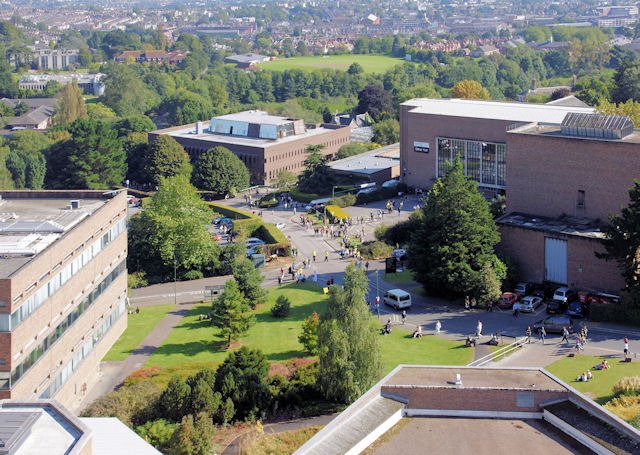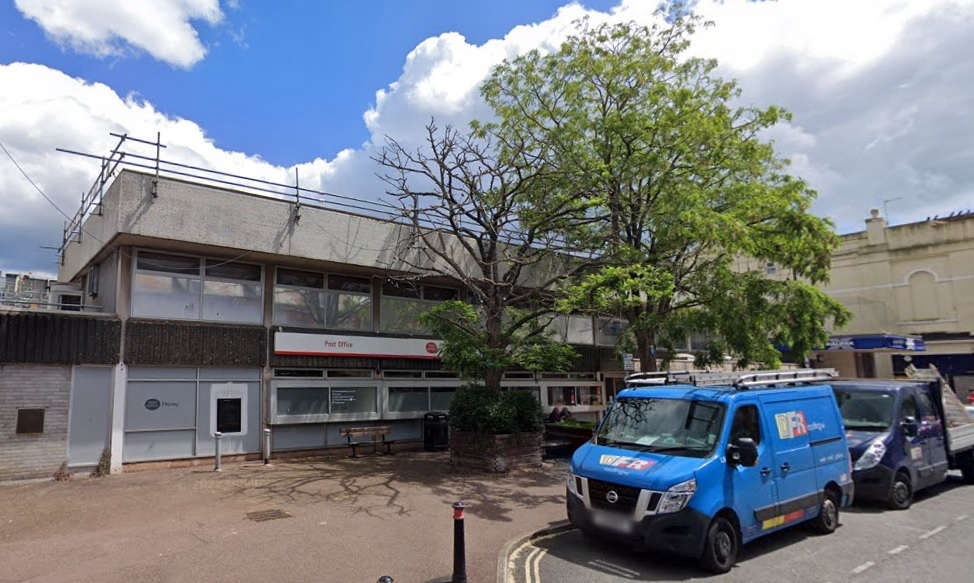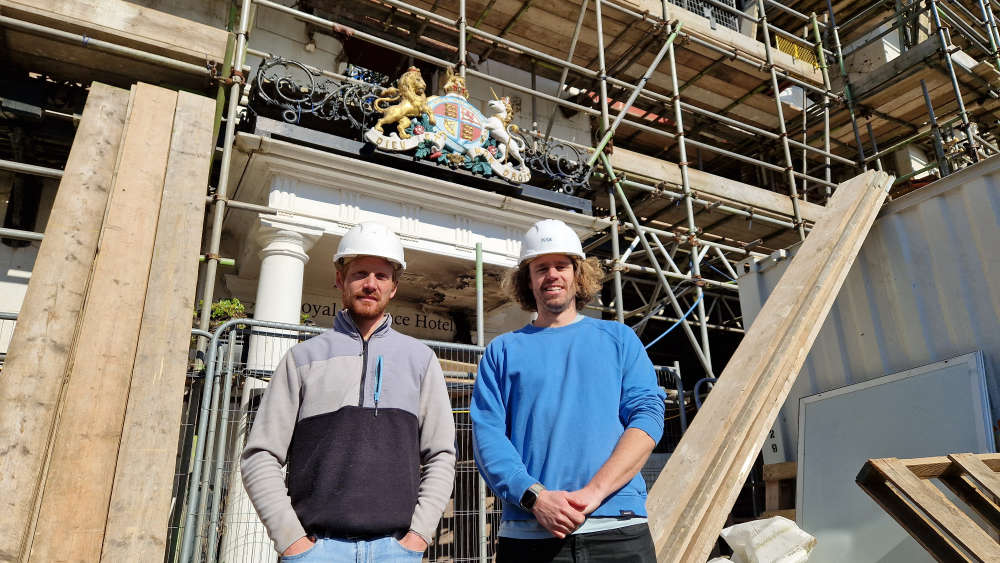
Exeter University investigating new medicine
Exeter University researchers are asking for volunteers to help them in the fight to find new treatments for Parkinson’s disease.
From state‐of‐the‐art research facilities in Exeter and London, the scientists hope to shed light on the mechanisms causing the disease, about which little is currently known.
It is a brain disorder that causes slowness of movements, shaking, stiffness, and difficulty with balance and coordination. These symptoms usually begin subtly and gradually worsen over time. As the disease progresses, people may have difficulty walking and talking properly.
One theory about the cause involves local brain inflammation; a state of activation of certain cells of the brain, called glia. Generally, this is a healthy process because the activated glia produce some substances, which help clean up the brain from unwanted agents. However, when this process is continuous, it turns against the cells of the brain, attacking them and causing them to die, and possibly causing Parkinson’s disease.
Professor Marios Politis, who leads the research group at the University of Exeter, said: “Parkinson’s disease has a devastating impact on individuals and families. We urgently need to understand the cause, so we can find new treatments and improve outlooks.
"If our results are positive, we would know much more about the mechanisms involved in the disease developing, so potentially helping us design new and better medicines.”
The study will take a two‐pronged approach, involving two different clinical trials.
The first study, led by the University of Exeter’s Neurodegeneration Imaging Group, is a brain imaging study to test whether people with Parkinson’s disease are particularly susceptible to an induced temporary, mild state of local brain inflammation, and to measure the mechanisms involved.
The second study, involving the Royal Devon University Healthcare NHS Foundation Trust, is an early‐ stage multicenter trial of a new medicine by F.Hoffmann‐La Roche designed to block the activity of a specific mechanism, called inflammasome activation. This mechanism is thought to be the key driver of increased local brain inflammation.
Secondary school teacher Tim Walker, from Somerset, who was diagnosed with Parkinson's in 2020 is one of those involved in the first study. He said: “Very little is known about Parkinson's and what causes it, and there have been very few recent advancements in drugs for the disease. So, any information researchers can get to find out what causes it ‐ and therefore how they can help treat it ‐ is going to be beneficial.”
He is confident that the trial will help others with the disease: “I'm optimistic that steps forward will be made as people understand more about Parkinson’s. Whether it's in time for me, I don't know. The drugs being trialed now are probably five or ten years away from being available ‐ and by that stage it may be too late for me to avoid the worst consequences of Parkinson's. But I can do my bit to help now so hopefully someone else in years to come can benefit.”
People with Parkinson’s disease interested to know more about these studies, or wishing to volunteer, can contact the neurodegeneration imaging group at neuro@exeter.ac.uk.
 Schizophrenic knifeman given indefinite hospital order
Schizophrenic knifeman given indefinite hospital order
 Paignton Post Office petition goes to parliament
Paignton Post Office petition goes to parliament
 Fun park shuts two months after opening
Fun park shuts two months after opening
 Work begins on project to rebuild fire-hit Exeter landmark
Work begins on project to rebuild fire-hit Exeter landmark
 Car crashes through wall near Exeter Cathedral
Car crashes through wall near Exeter Cathedral
 Plymouth community group scoops national award
Plymouth community group scoops national award
